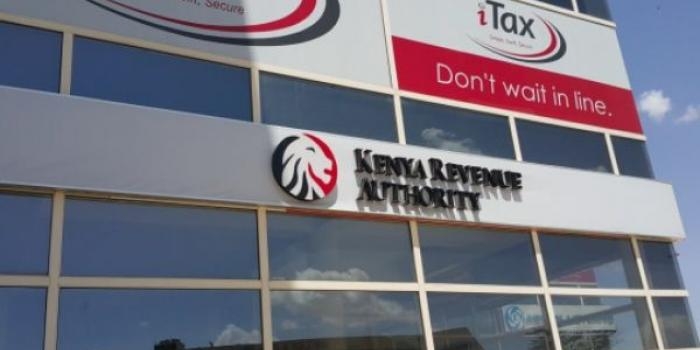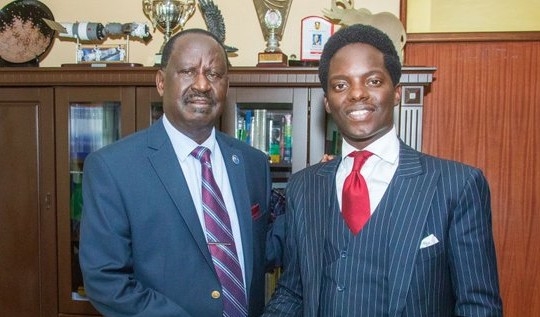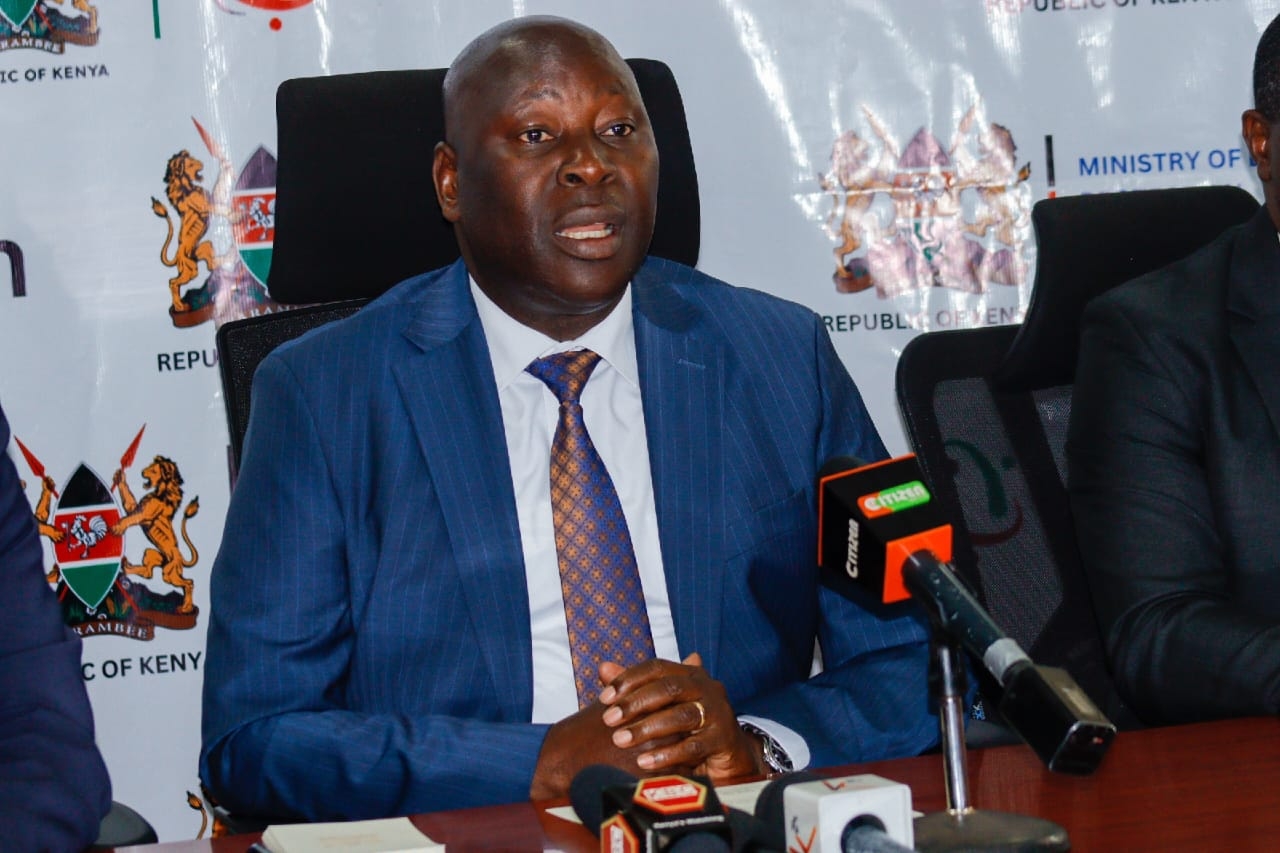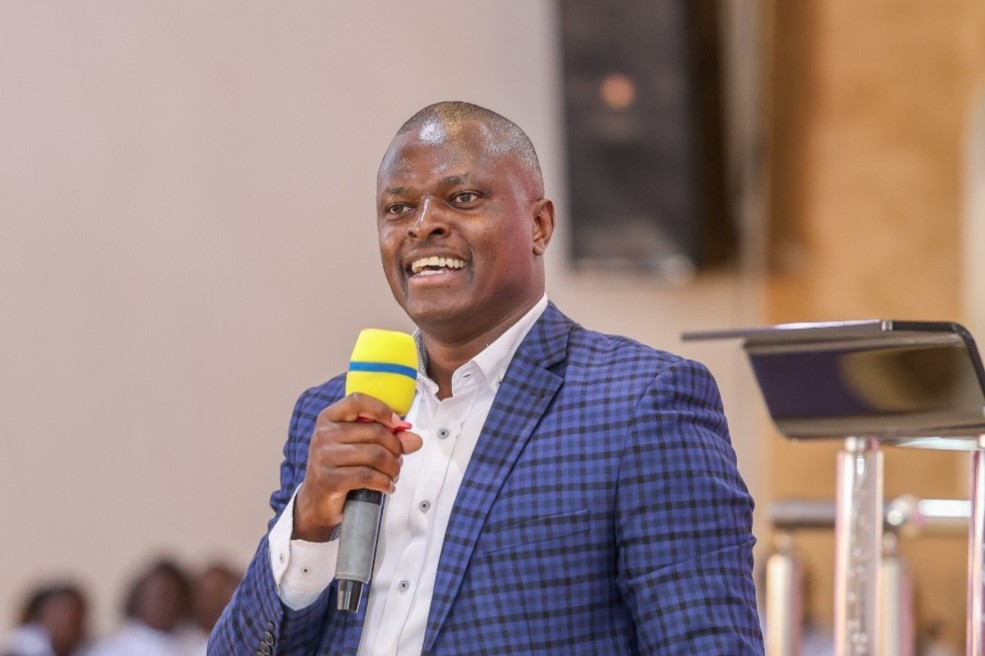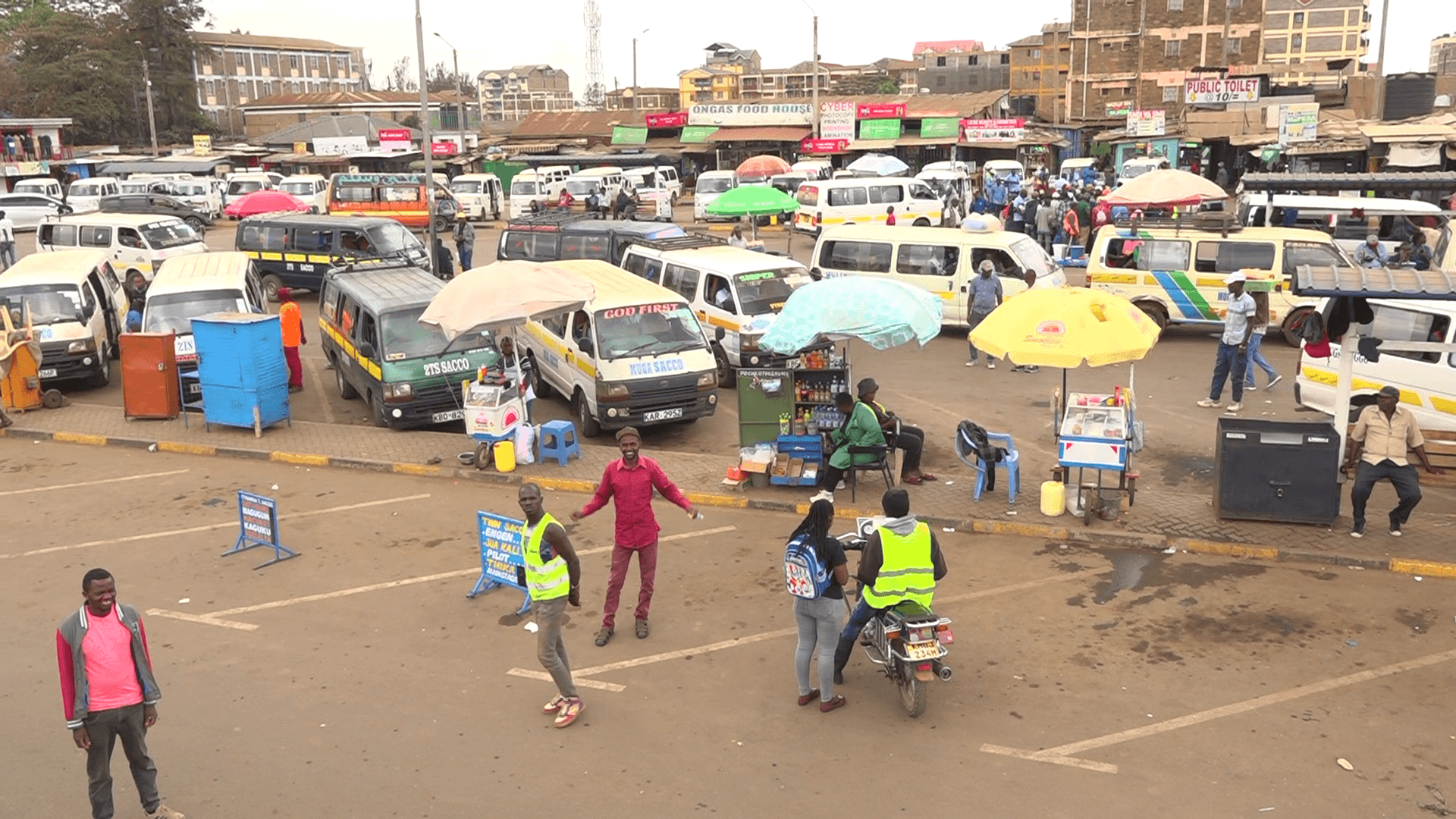After Kenyans had cast their votes in the 2013 General Elections, the ball was on Former IEBC chair Isaack Hassan's court to declare the results.
Then Prime Minister Raila Amollo Odinga and his deputy Uhuru Kenyatta were the two leading presidential candidates, according to the preceding opinion polls.
Uhuru and his then-running mate William Ruto, now president, were facing cases at International Criminal Court over their role in the 2007/2008 post-election violence.
Unknown to many, Former IEBC boss Issack Hassan was experiencing intense pressure from within and out since the country was looking up to him.
It was a tough moment that he unpacks in detail in his memoir Referee of a Dirty Ugly Game.
Before the announcement of results, a scuffle had ensued at the Bomas of Kenya where results were being tallied and announced.
The confrontation saw Raila agents kicked out of the centre and the news had already started causing uproar among Kenyans.
After the events, Former UN Secretary-General Koffi Annan, who had brokered a deal between Raila and late Former President Mwai Kibaki after the controversial 2007 polls, called Hassan to inquire why the poll results were delayed.
It is while at the peak of these intense pressures tha Former Cabinet Secretary Ambassador Amina Mohamed came in, a visit he said brought calm of sorts after a storm.
At the time, Ambassador Mohamed was serving as the Assistant Secretary General and Deputy Executive Director at UNEP.
"I know you are under a lot of pressure, Ahmed," Ambassador Mohamed began.
She went on:
"I know that the two Jubilee party candidates have been charged at the Hague. There is no doubt that announcing the winner will cost you, friends, among the Western Envoys and the civil society, but these two have been elected by the people."
Hassan reveals that Amina's visit came at the time he was being troubled with numerous questions given that he had known the outcome of the election.
"As with everyone else in the nation and around the world, I had the same questions lingering in my mind about Kenyatta and Ruto. What would happen if they were actually convicted at the ICC after they were elected? " Hassan notes in the book
He also questioned how the country would be run if the two Jubilee candidates who were facing charges at the ICC were to be jailed.
"What would I be setting up the country for by declaring them as winners? " He wondered in the book.
At that moment, the IEBC boss and the entire commission were already being bashed for having cleared Uhuru and Ruto to run in the election.
He was in dilemma whether announcing the two facing grievous charges of Human Rights violations at the International Criminal Court would have been the best decision.
Lost in the thoughts that doubted what was at stake, Hassan says Ambassador Amina became the voice of reason.
" Your job is to announce the results, and you should not worry about the consequences. That was your job. Do it and let the chips fall where they may. It is not your job to think about the aftermath and what the Americans or British will do or not do," the Ambassador said.
She went on:
"I will prepare a guideline for your speech. It should be a compelling and potent oration. All you have to add are the technical bits with the figures and the results of the election."
The conversation with Ambassador Mohamed got him back on track and gave him the energy to deliver the verdict to Kenyans.
The IEBC boss knew Kenya was standing at a historical crossroads and he felt his announcement was going to set a precedent from the moment he declared the winner.
"As an angel in human form would do, her concern and affirmation that I was doing the right thing helped to anchor my decisions and enabled me to proceed with what lay ahead of us with greater confidence," Hassan said.
True to her word, Ambassador Mohamed sent Hassan a draft of her speech the following morning which he adjusted for his speech to the nation and eventually declared Uhuru had won.
Uhuru would later form a government and appoint Aminaa Cabinet Secretary, a position she served in different capacities for 10 years.



